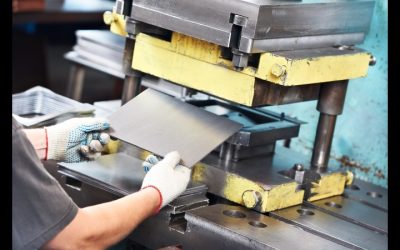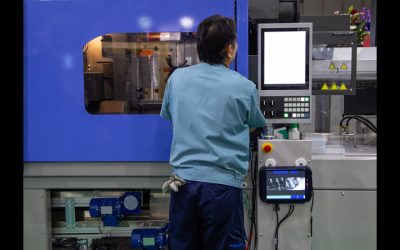Ever since the early 20th century, interchangeable parts have been a staple of pretty much every industry. The assembly line style of manufacturing was introduced at some point in the 1800s, but it came to prominence in the United States in the early 1900s with the creation of assembly line automobiles. That created a need for machine-produced, interchangeable parts.
These days, almost every industry finds itself mass producing its materials, as well as the finished products. To assemble these parts, they have to be made to specific machine specifications; they also have to be very high quality as well. For firearms, dental equipment, and machining equipment, there are very low tolerances for abrasions, burrs, and irregularities. That’s why these things have to be polished so highly.
High-Quality Polish
Ever since the discovery of gunpowder, humans have been developing different ways to shoot projectiles. The very first firearms were imprecise tools, but contemporary firearms are high precision items. They are made up of several different tiny moving parts that have to be specifically calibrated to work together. In fact, some of them are even made of hundreds of small parts that move against each other. That’s why it’s important to keep a gun well-oiled, but it’s also very important to make sure that the different materials of the gun are free of abrasions. Burrs, scratches, bumps, and irregularities could create friction or foul up your firearm.
If you’re building a firearm or if you’re trying to repair an older firearm, centrifugal polishing can smooth your materials, so nothing gets in the way of reliable operation.
How It Works
The polishing utilizing centrifugal force looks something like a Ferris wheel in which you have a wheel that spins in one direction. At the end of the wheel, there are polishers that spin in the opposite direction. The countering rotations create a centrifugal force that will put a very high quality, very fine polish on whatever you’re polishing.
What Else Can You Polish?
Essentially, anything that has a low tolerance for abrasions or abnormalities is a good candidate for a high-quality centrifugal polishing. That means firearms, as previously discussed, but it also means musical instruments, precision machining tools, and dental equipment. You could even polish components for an automobile, which need to be smooth and well-lubricated to keep from seizing up.
Airplane parts, whether for model airplanes or actual aircraft, need to be polished to a high degree of precision as well. They are very precise machines that need to be well-maintained. Whatever the case may be, you need to find the right tool to create the high degree of polish. Often, that tool is a polisher employing centrifugal force.








